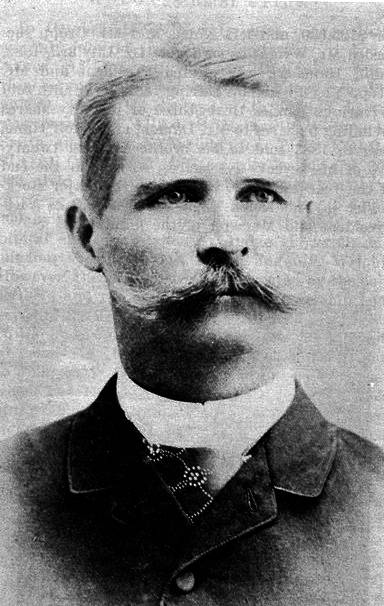Anton Cropp (1853-1913), a reserve officer in German Army, arrived in Hawai‘i in 1880 and within two years succeeded John N. Wright as Koloa Plantation manager.
During the following 18 years (1882-1900) that he managed Koloa Plantation, Cropp exhibited the finest characteristics of the German-officer class to which he belonged.
Fearless, honest and forthright, he was devoted to his duty.
In accordance with his military background, he managed Koloa Plantation in much the same manner as he would have led a unit of the German Army.
Cropp’s daily orders, issued in military fashion to his overseers — all of whom were German — were expected to be carried out efficiently.
His only concern for his non-supervisory workers was that they worked.
Bound to the plantation by legal contracts to work for a period of three to five years, Cropp’s laborers worked six days per week, 10 hours per day in the fields, or 12 hours a day in the factory, while living for the most part in barracks.
Their wages were low, only $9 a month in 1888, far less than their overseers’ pay of $45 to $70 per month in 1892, and Cropp’s 1889 salary of $4,000 a year — and their wages could be cut at Cropp’s discretion.
These workers — faced with long hours, low pay and harsh taskmasters — resented Cropp and his overseers, and reacted by refusing to work or by deserting, actions that were punishable by fines or imprisonment.
In January 1889, for instance, 63 Japanese laborers refused to work after Cropp sought to prosecute nine of their co-workers for desertion during a three-week period, not because they had actually deserted — they hadn’t — but merely because they had not worked as well as Cropp and his supervisors thought they should.
Still, under Cropp’s management, marshland was drained, irrigation ditches were extended, sugar lands were purchased, and trains replaced oxcarts at Koloa Plantation.
In 1900, after living 20 years in Koloa, Cropp resigned as manager of Koloa Plantation, while still retaining 36% stock ownership in the plantation, and returned to Germany.
•••
Hank Soboleski has been a resident of Kauai since the 1960s. Hank’s love of the island and its history has inspired him, in conjunction with The Garden Island Newspaper, to share the island’s history weekly. The collection of these articles can be found here: https://bit.ly/2IfbxL9 and here https://bit.ly/2STw9gi Hank can be reached at hssgms@gmail.com


